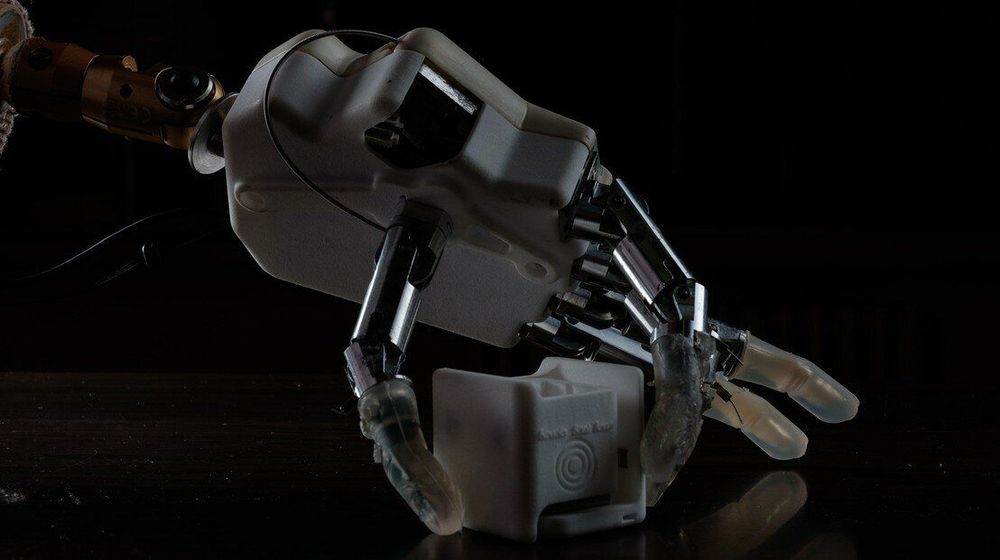Researchers have developed a next-generation bionic hand that allows amputees to regain their proprioception. The results of the study, which have been published in Science Robotics, are the culmination of ten years of robotics research.
The next-generation bionic hand, developed by researchers from EPFL, the Sant’Anna School of Advanced Studies in Pisa and the A. Gemelli University Polyclinic in Rome, enables amputees to regain a very subtle, close-to-natural sense of touch. The scientists managed to reproduce the feeling of proprioception, which is our brain’s capacity to instantly and accurately sense the position of our limbs during and after movement – even in the dark or with our eyes closed.
The new device allows patients to reach out for an object on a table and to ascertain an item’s consistency, shape, position and size without having to look at it. The prosthesis has been successfully tested on several patients and works by stimulating the nerves in the amputee’s stump. The nerves can then provide sensory feedback to the patients in real time – almost like they do in a natural hand.
